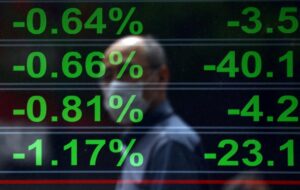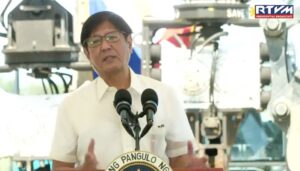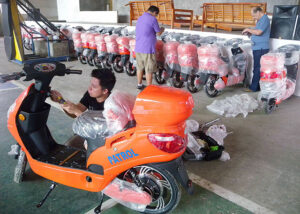Menu
- Daily
Business Leaders Praise Marcos’ Decision to Keep Economic Team Intact
Amenah Pangandaman budget reforms, Arsenio Balisacan economic planning, Cristina Roque trade policy, economic cluster Cabinet retention, Featured, Makati Business Club statement, Marcos economic team 2025, PCCI supports Marcos Cabinet, Philippine economy stability, Popo Lotilla DENR appointment, Ralph Recto finance secretaryMarcos Backs Solar-Powered Irrigation as Key to Sustainable Farming in Pangasinan
Bongbong Marcos agriculture speech, Featured, green tourism Philippines, LARIS dam project NIA, Marcos infrastructure updates, Marcos solar irrigation Pangasinan, Philippine irrigation projects 2025, rural jobs Pangasinan, Sky Garden Alaminos tourism, solar powered irrigation PH, sustainable farming Philippines - National
Business Leaders Praise Marcos’ Decision to Keep Economic Team Intact
Amenah Pangandaman budget reforms, Arsenio Balisacan economic planning, Cristina Roque trade policy, economic cluster Cabinet retention, Featured, Makati Business Club statement, Marcos economic team 2025, PCCI supports Marcos Cabinet, Philippine economy stability, Popo Lotilla DENR appointment, Ralph Recto finance secretaryMarcos Backs Solar-Powered Irrigation as Key to Sustainable Farming in Pangasinan
Bongbong Marcos agriculture speech, Featured, green tourism Philippines, LARIS dam project NIA, Marcos infrastructure updates, Marcos solar irrigation Pangasinan, Philippine irrigation projects 2025, rural jobs Pangasinan, Sky Garden Alaminos tourism, solar powered irrigation PH, sustainable farming Philippines - International
Trump Praises ‘Total Reset’ in Geneva Talks with China Amid Trade War De-escalation
China 125% retaliation, Featured, Geneva trade talks Trump He Lifeng, Geneva US-China breakthrough, global trade war de-escalation, Trump 145% tariff policy, Trump China trade reset 2025, Trump Truth Social China, US tariffs rollback update, US-China economic negotiations 2025, WTO response US China talksECB: Foreign Workers Fueling Post-Pandemic Growth in Euro Zone
ECB foreign worker report, ECB immigration study, economic growth Europe 2025, EU immigration and labor, euro zone demographic trends, euro zone labor force growth, Featured, foreign workers economic impact, foreign workers skilled jobs, labor market euro area, post-pandemic economic recovery Europe - Editorial
- Next Negosyante
- Crypto News





















Comments are closed for this article!